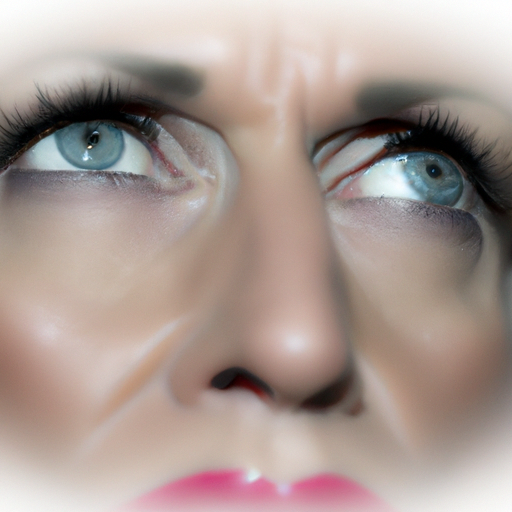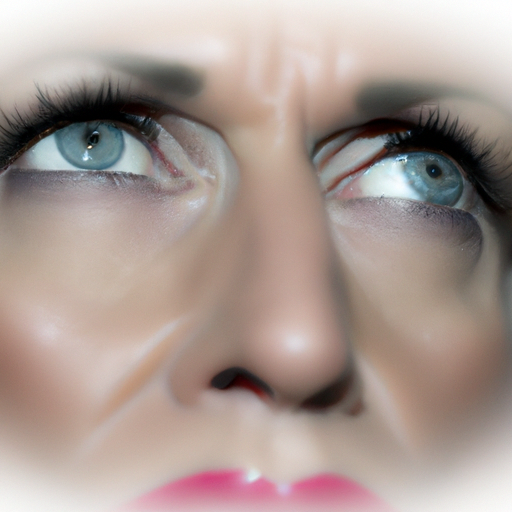As a medical professional, I often encounter patients who are plagued by dry skin woes. Dry skin is not just a cosmetic concern; it can cause significant discomfort and even disrupt daily activities due to persistent itching and irritation. However, the good news is that there are several proven strategies to manage dry skin and alleviate its symptoms. Here are seven such strategies to help you banish the itch.
1. Hydrate: The first step in combating dry skin is to ensure you are adequately hydrated. Drinking plenty of water helps maintain skin moisture from the inside out. Aim for at least eight glasses of water a day, more if you are physically active or live in a dry climate.
2. Moisturize: Regular use of a good moisturizer is crucial in managing dry skin. Opt for creams or ointments over lotions, as they are more effective at trapping moisture in the skin. Apply moisturizer immediately after bathing or washing your hands to lock in moisture.
3. Use Gentle Skin Care Products: Harsh soaps, detergents, and cleaning products can strip your skin of its natural oils, leading to dryness and irritation. Choose mild, fragrance-free soaps and laundry detergents. Also, consider using a humidifier in your home during the winter months when indoor air tends to be dry.
4. Limit Bath Time: Long, hot showers or baths can strip oils from your skin. Limit your bath or shower time to 10-15 minutes and use warm rather than hot water.
5. Eat a Balanced Diet: Your diet plays a significant role in maintaining healthy skin. Foods rich in omega-3 fatty acids, such as fish, walnuts, and flaxseeds, can help keep your skin hydrated. Also, include plenty of fruits and vegetables in your diet for their high water content and essential vitamins.
6. Protect Your Skin: Protect your skin from harsh weather conditions. In the winter, wear gloves and scarves to protect your skin from cold, dry air. In the summer, use a broad-spectrum sunscreen with an SPF of at least 30 to protect your skin from drying sun exposure.
7. Seek Medical Help: If your dry skin persists despite your best efforts, or if it interferes with your daily activities or sleep, it’s time to seek medical help. Persistent dry skin can sometimes be a symptom of an underlying medical condition like eczema or psoriasis. A dermatologist can diagnose the cause of your dry skin and recommend appropriate treatment.
In conclusion, dry skin is a common problem that can cause significant discomfort. However, by adopting these seven strategies – hydrating, moisturizing, using gentle skin care products, limiting bath time, eating a balanced diet, protecting your skin, and seeking medical help when necessary – you can manage your dry skin and banish the itch. Remember, each person’s skin is unique, and what works for one person may not work for another. It’s important to find a routine that works for you and stick to it. Your skin will thank you!




